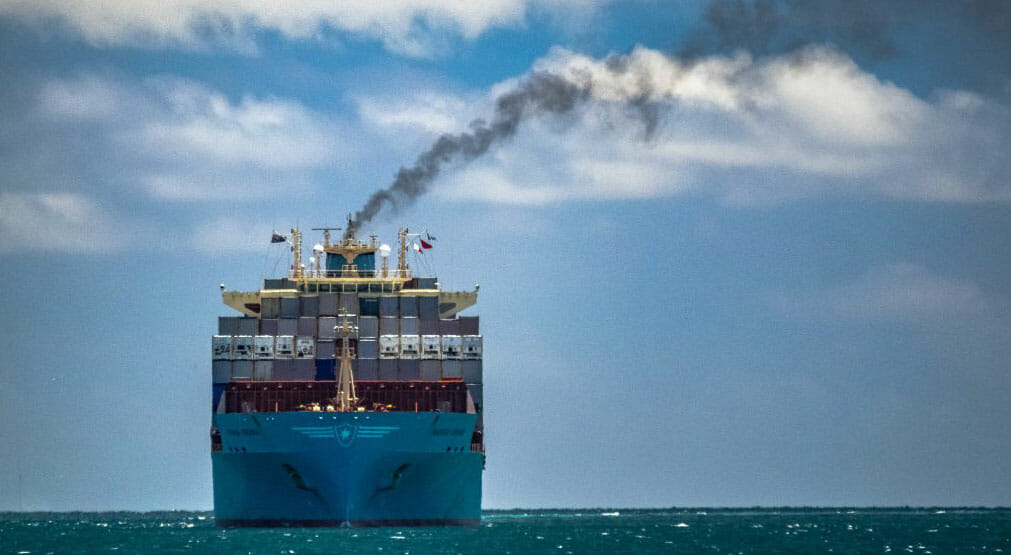The SULPHUR CAP – A new regulation for the fuel of the ships
From January the 1st, for decision of IMO (International Maritime Organization) the “Sulphur Cap” will come into force. The Sulphur limit will then change from actual 3,5% to 0,5%.
According to the study “Global Sulphur Cap 2020”, recently published by DNV GL on the case, more than 70.000 ships will be involved globally. If the ship is not up to code from 1/1/2020 won’t have the permission to sail.
To meet the conditions of the legislation by 2020, shipping companies will have to comply with these by choosing one of the following options:
- Using new fuel: before the end of the year, all ships of the fleet must have done the tank cleaning from the remainder of the old fuel in order to use the new one. The cost of the “Sulphur compliant” fuel oil is, however, much higher than the standard and the vessel must be stopped to do the cleaning.
- Installing “Scrubber”: a filtering system for Sulphur oxides, a very expensive process (from 2 to 10 million dollars, depending on ship’s dimensions) without considering that installation requires a dead ship.
Both solutions entail the detention of the vessel and massive extra costs for the companies.
But what happens to me as a customer?
Limited spaces on ships, since they will be stopped in rotation in order to comply with the regulation from January the 1st, and higher costs for shipping companies will affect end-consumers too.
If you would like to know more about it and know what CTI could do for you, ask us.


